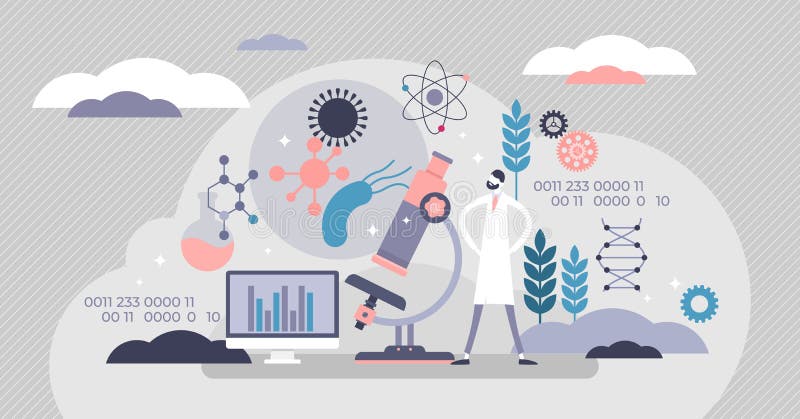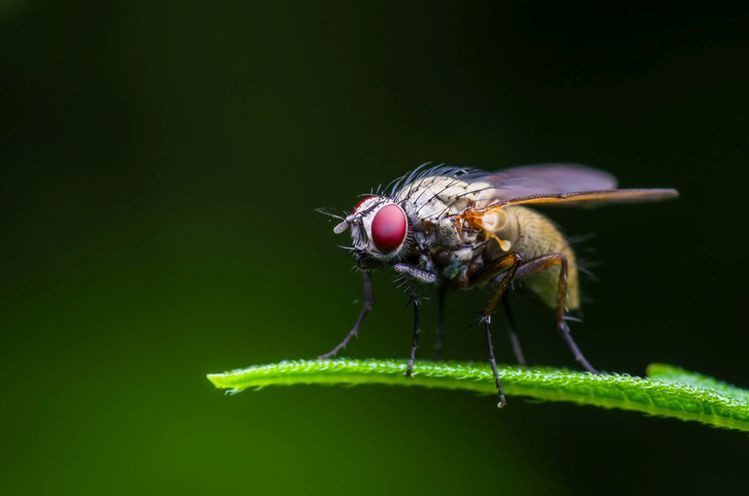The consequences of the climate crisis coupled with soil degradation and its impact on food and water security, seem dire. But, as ambitious as it may sound, synthetic biology companies could alleviate some of the environmental burden that the planet faces.

As it involves the redesigning of organisms by genetically engineering them to have new, favorable characteristics, synthetic biology is a field that has applications ranging from the manufacture of enzymes, to producing sustainable biofuel to even developing therapeutic measures for diseases, like Merck’s commercially-available diabetes drug Januvia.
The concept was first considered in the early 1960s, in a publication that studied the lac operon – a group of genes that aid in the metabolism of lactose in Escherichia coli. The study confirmed the existence of regulatory circuits that are involved in a cell’s response to its environment. Soon enough, the method of programmed gene expression was actualized, and by the 2000s, high-throughput DNA-assembly methods had evolved.
Currently, various companies are conducting research into the potential applications of synthetic biology, in an attempt to address environmental degradation among other imminent problems. Here are six companies, presented in alphabetical order, that have influenced advancement in the space of synthetic biology.

1. Asimov
Merging artificial intelligence and genetic engineering, Boston-based Asimov is advancing the field of synthetic biology. The synthetic biology company has designed a software that simulates genetic systems in various types of cells.
2. Evonetix
Evonetix is one such synthetic biology company that aspires to develop gene synthesis technologies to produce products from biomass.
3. Kiverdi
In a bid to help tackle the looming threat of climate change, California-based Kiverdi aims to provide solutions that revive the soil, convert plastics into biodegradable material as well as create fishmeal alternatives. Moreover, the synthetic biology company has developed a method to make meat from air. Yes, you read that right.
4. Mammoth Biosciences
A breakthrough technology, CRISPR’s technique of gene editing can create drought-resistant crops and even cure genetic diseases. California’s Mammoth Biosciences aims to use novel CRISPR techniques to be able to diagnose diseases and develop therapies.
5. Ribbon Biolabs
Founded five years ago, Ribbon Biolabs specializes in building entire genomes, CRISPR libraries as well as developing DNA-based products. Set up in the Austrian capital city, Vienna, the company’s patented technology incorporates biochemistry, algorithmics and robotic automation for DNA synthesis, making the process more cost-effective.
6. Upside Foods
If you were to book a table at the three-Michelin-starred restaurant Atelier Crenn in San Francisco, and order from their menu, you probably wouldn’t be able to tell that the meat was manufactured from lab-cultured cells, rather than farmed chicken.
The fine-dining eatery’s collaboration with Upside Foods makes this experience possible. Established in California in the U.S., the company focuses on an up and coming application of synthetic biology – the production of cell-cultured meat.

** Click here to read the full-text **









